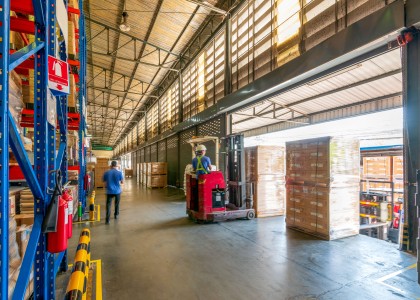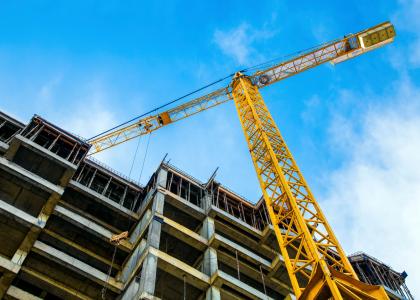Washington, DC—The energy innovation bill passed by the U.S. House Thursday (H.R. 4447) would make key strides to improve energy efficiency, and the efficiency provisions should be included in any final agreement with the Senate, the American Council for an Energy-Efficient Economy (ACEEE) said.
“This bill would deliver real progress in making buildings more efficient and helping the industrial sector reduce greenhouse gas emissions,” said ACEEE executive director Steven Nadel. “The House recognized that one of the best ways to make our homes and buildings more efficient is to help states, cities, and tribes adopt and implement stronger building codes. If you want to reduce costs for households and businesses while combatting climate change, you have to include robust building energy codes in any final deal.”
Provisions helping jurisdictions voluntarily implement stronger building codes, a key part of the Energy Savings and Industrial Competitiveness Act (the energy efficiency bill from Senators Portman (R-OH) and Shaheen (D-NH), and from Reps. Welch (D-VT) and McKinley (R-WV)), were included in the bill passed by the House today, and they are in a proposed bipartisan amendment to a major Senate energy bill.
An ACEEE analysis published in February found that the building codes provisions would save households and business almost $40 billion in energy costs (net after investment) over the lifetime of the measures through 2050. The provisions would reduce carbon dioxide emissions by 1.18 billion metric tons—equivalent to the emissions from 300 coal-fired power plants in one year—the analysis found.
The House-passed bill also includes a key provision to enable states to set energy efficiency standards for appliances and equipment when the Department of Energy (DOE) has failed to meet legal deadlines to do so, as well as provisions to encourage homeowners to invest in energy efficiency upgrades by providing them rebates (HOPE4HOMES).
The bill includes numerous significant provisions to aid the decarbonization of the industrial sector, including authorization to expand DOE’s Industrial Assessment Centers that help small plants use energy more efficiently; a Clean Industrial Technology research, development, and deployment program; and a smart manufacturing program. It would authorize workforce training initiatives. The bill also includes provisions to reduce greenhouse gas emissions from the transportation sector, including encouraging investments in electric vehicle charging equipment and ensuring federally owned vehicles are more efficient.



